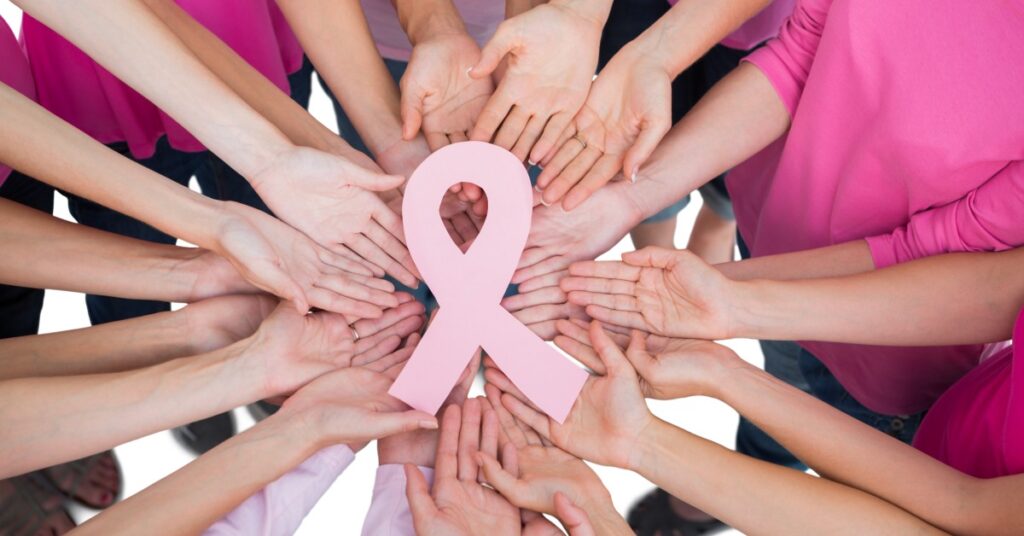News
How Social Media Is Shaping Our Eating Habits

Social media is flooded with videos offering food tips and dietary trends. But things can get problematic when unhealthy fads or half-truths are widely spread.
“Bread is your enemy!”, “Our drinking water is poisoning us!”, “These ten foods lead to early death!”—such alarming claims regularly flood the feeds of young people on platforms like Instagram or TikTok. The message is often dramatic: certain foods are dangerous, but fortunately, the self-proclaimed expert has the perfect solution.
That’s where the real danger lies, warns Dr. Torsten Bohn from the Luxembourg Institute of Health (LIH): “Social media is teeming with personal opinions, often presented under the guise of a ‘doctor’ title. At first glance, this appears credible. But as consumers, we don’t know whether the person actually holds a doctorate, in what field, or whether they truly have expertise in nutrition.”
Dubious Claims in Doctor’s Clothing
Some videos do reference studies, but often these are taken out of context and can be misleading. “Nutrition science isn’t an exact discipline like mathematics,” Dr. Bohn emphasizes. “It’s based on years of observation and requires vast amounts of data before reliable conclusions can be drawn. Recommendations evolve as knowledge advances.”
This is why certain myths or half-truths persist. Here are a few examples:
- Eggs and cholesterol: “The claim that eggs raise cholesterol levels is only partly true. Our bodies produce most of the cholesterol we need. So eliminating eggs entirely isn’t advisable—they provide valuable nutrients.”
- The bread myth: Despite widespread claims on social media, bread—especially whole grain varieties—can be beneficial. It supplies important minerals, vitamins, fiber, and helps keep you full longer. However, Dr. Bohn recommends moderate consumption, as many types of bread, including those common in Luxembourg, contain a relatively high amount of salt.
- Coffee as a dehydrator: This idea is only partially accurate. “A regular cup of coffee still contributes positively to your fluid intake. It’s better than drinking nothing at all.” In fact, consuming up to six cups a day may even benefit health, likely due to coffee’s secondary plant compounds.
So how can you tell what’s reliable and what’s not? Dr. Bohn advises checking multiple sources. “When it comes to nutrition advice, it’s best to rely on organizations that are scientifically grounded and not overly influenced by industry or special interests—such as national nutrition societies, the World Health Organization (WHO), or the European Food Safety Authority (EFSA).” Consumer advocacy groups, like those in Germany, can also provide useful insights.
The Dark Side of Food Trends
Dr. Bohn is concerned by increasingly extreme attitudes toward food among young people, driven in large part by social media trends.
One example is “Mukbang” challenges, where people consume enormous quantities of food—often fried—on camera. “These videos might seem entertaining at first, but I strongly advise against imitating them,” he warns. The health consequences can be serious: “When food is consumed too quickly, the feeling of fullness doesn’t register. Over time, this can lead to obesity and cardiovascular issues, including a higher risk of stroke.” The tragic death of a 24-year-old TikToker who posted such videos daily underscores the danger.
On the other end of the spectrum is “SkinnyTok,” where starvation is glorified and extreme discipline is marketed as a lifestyle. Then there’s the “clean eating” trend, focused on consuming only unprocessed foods. “This obsessive fixation carries a high risk of developing eating disorders,” the LIH researcher cautions.
“At some point, everything starts to revolve around food. Especially when you start banning certain foods from your diet, the urge to eat exactly those foods can become overwhelming.” After all, eating should still bring some joy.
It’s About the Bigger Picture
The idea that there’s one perfect diet for everyone—often promoted on social media—is a myth. What works for one person might not be suitable for another. “Intermittent fasting might work well for an office worker who can easily skip breakfast. But the same approach might be counterproductive for a construction worker with physically demanding labor,” Dr. Bohn explains.
What matters most is the overall approach: “As Paracelsus said, it’s the dose that makes the poison. A diet doesn’t become ‘unhealthy’ just because it includes occasional sweets.”
According to him, it’s more important to focus on general habits: eat enough fiber from fruits, vegetables, and whole grains; cut back on sugary drinks and processed foods; and maintain regular mealtimes.
Toward a Healthier Food Culture
The situation in Luxembourg is worrisome. Dr. Bohn notes that more than 60% of the population struggles with being overweight or obese. Around 1.5% of the country’s GDP is spent treating related health conditions—and the trend is rising.
Rather than demonizing or banning certain foods, Dr. Bohn advocates for prevention: “We need to start early, before health issues arise.”
That means starting in school cafeterias and continuing into the workplace—offering fruit instead of just snack machines, or adding standing tables to encourage better habits.
Lastly, it’s crucial to revive a real food culture—something that’s been increasingly lost in recent years. “People often don’t take time to eat anymore. Meals are consumed mindlessly in front of phones or computers.” But meals should once again be social events. It’s worth blocking off lunch breaks in your calendar again.
This article was written by Sabrina Backes and originally published on Luxemburger Wort. Read the original piece here.







